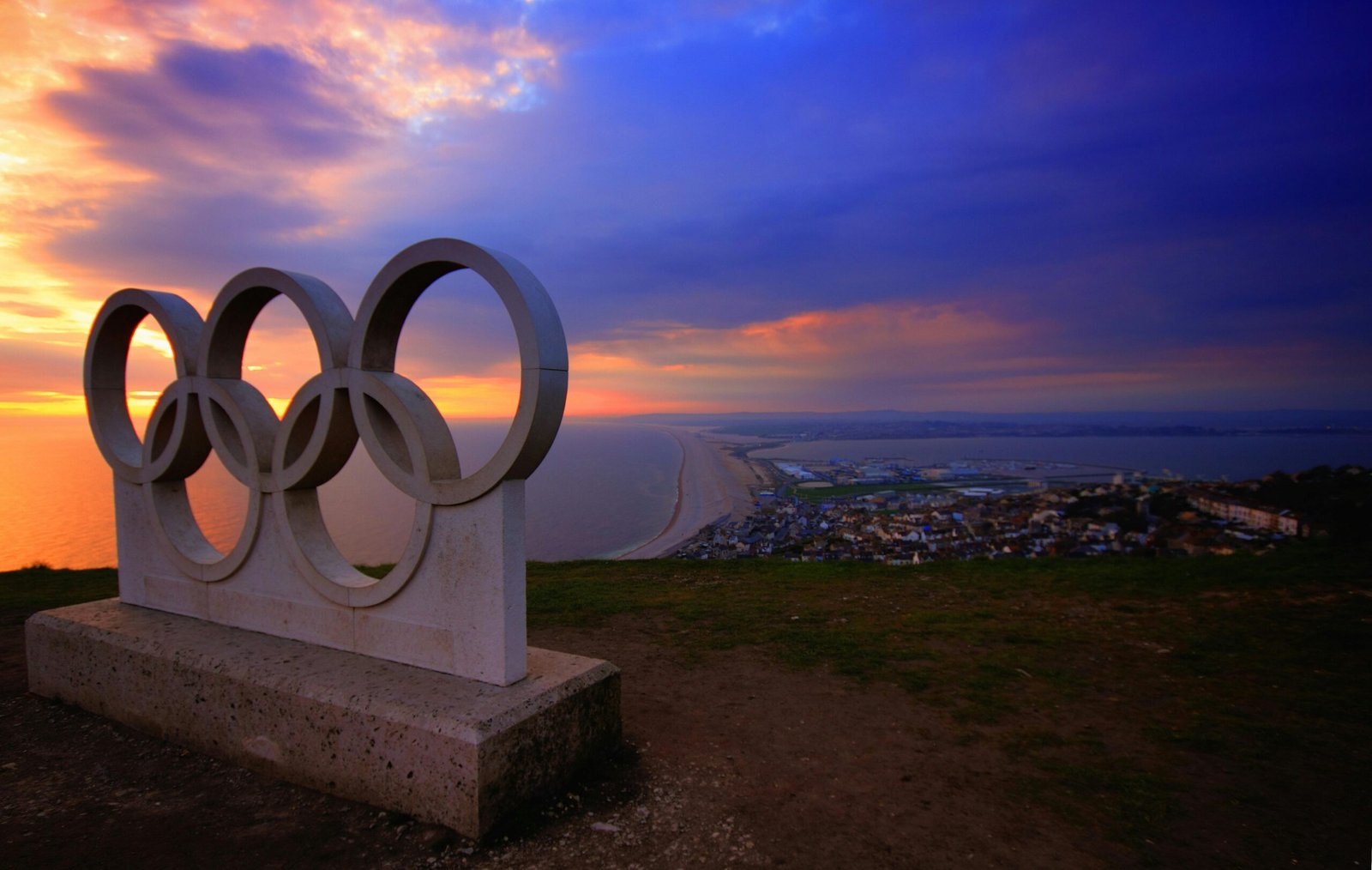Introduction: The Olympic Games stand as a testament to human athleticism, endurance, and camaraderie. Since its revival in 1896, this global sporting event has captured the hearts of millions worldwide. As we delve into the history of the Olympics, we unearth moments of triumph, perseverance, and unity that have defined generations. Join us as we countdown the top 10 Olympic Games that have left an indelible mark on history.
- Athens 1896 – The Revival of the Modern Olympics: Marking the revival of the ancient Olympic Games, Athens 1896 holds a special place in Olympic history. With athletes from 14 nations competing in 43 events, this inaugural modern Olympics laid the groundwork for the international celebration of sportsmanship and excellence.
- Berlin 1936 – Jesse Owens’ Triumph: Despite the backdrop of Nazi Germany’s propaganda, Berlin 1936 witnessed Jesse Owens, an African American athlete, defy racial prejudice by winning four gold medals in track and field. His victories shattered racial barriers and showcased the true spirit of the Olympics.
- Tokyo 1964 – A Symbol of Japanese Resilience: Hosting its first Olympic Games after World War II, Tokyo 1964 symbolized Japan’s remarkable post-war recovery and emergence as a global economic power. The Games showcased Japanese innovation, hospitality, and commitment to peace.
- Mexico City 1968 – The Black Power Salute: Tommie Smith and John Carlos’ silent protest during the medal ceremony at Mexico City 1968 remains one of the most iconic moments in Olympic history. Their raised fists adorned with black gloves became a symbol of the civil rights movement and the fight against racial injustice.
- Munich 1972 – Tragedy and Unity: The Munich 1972 Olympics were marred by tragedy when Palestinian terrorists attacked the Israeli team, resulting in the deaths of 11 athletes and coaches. Despite the dark cloud cast over the Games, the spirit of unity prevailed as nations came together to honor the victims.
- Los Angeles 1984 – The Power of Diplomacy: Los Angeles 1984 marked the first Olympics since the boycotts of 1980, with many Eastern Bloc countries retaliating against the United States-led boycott. Despite the political tensions, the Games demonstrated the power of sport in transcending political divides.
- Barcelona 1992 – The Dream Team: Barcelona 1992 witnessed the debut of the “Dream Team,” comprised of NBA superstars like Michael Jordan, Magic Johnson, and Larry Bird. Their dominance in basketball showcased the global appeal of the sport and cemented the United States’ basketball supremacy.
- Sydney 2000 – Cathy Freeman’s Golden Moment: Sydney 2000 provided an unforgettable moment as Cathy Freeman, an Indigenous Australian athlete, lit the Olympic cauldron and went on to win gold in the 400 meters. Her victory symbolized reconciliation and unity within Australia.
- Beijing 2008 – China’s Spectacular Showcase: Beijing 2008 showcased China’s emergence as a global superpower with a mesmerizing opening ceremony and state-of-the-art venues. The Games highlighted China’s cultural heritage and its commitment to hosting a memorable Olympic experience.
- Rio de Janeiro 2016 – Legacy of Diversity and Sustainability: Rio de Janeiro 2016 celebrated diversity and sustainability, showcasing Brazil’s vibrant culture and natural beauty. Despite facing economic and social challenges, the Games left a lasting legacy of urban regeneration and environmental conservation.
Conclusion: The Olympic Games represent the pinnacle of human achievement, resilience, and unity. From the ancient arenas of Athens to the modern stadiums of Rio de Janeiro, each Games leaves behind a legacy of inspiration and aspiration. As we anticipate future Olympic spectacles, let us continue to celebrate the spirit of athleticism and international camaraderie that defines the Olympic movement.







